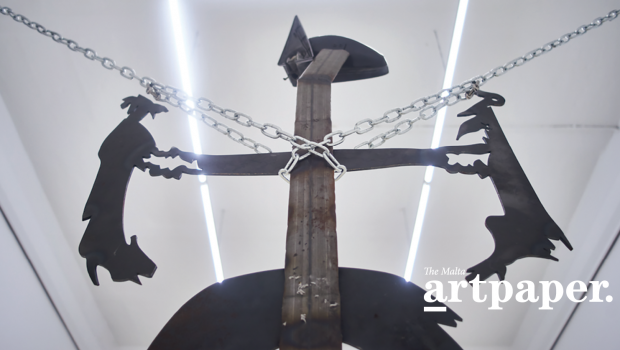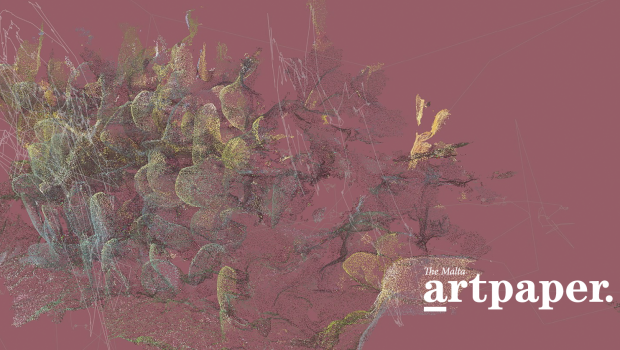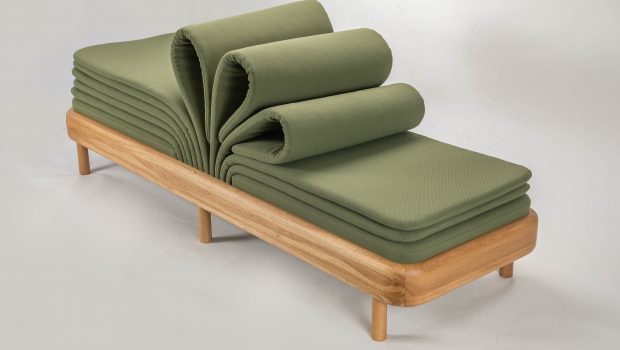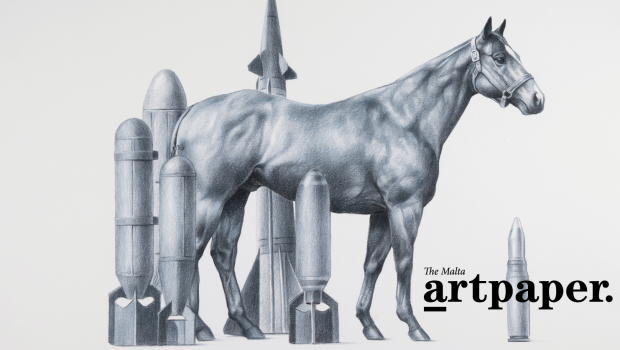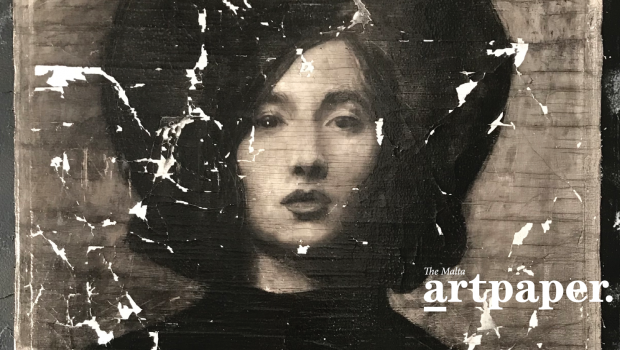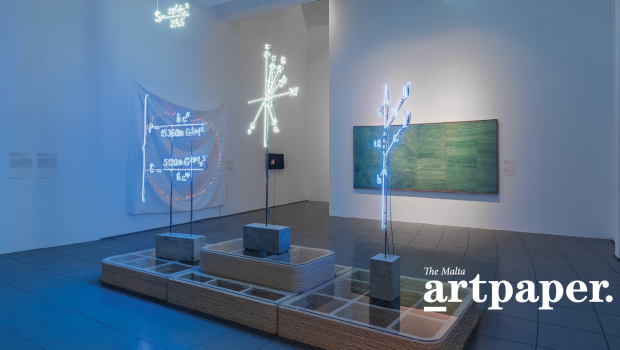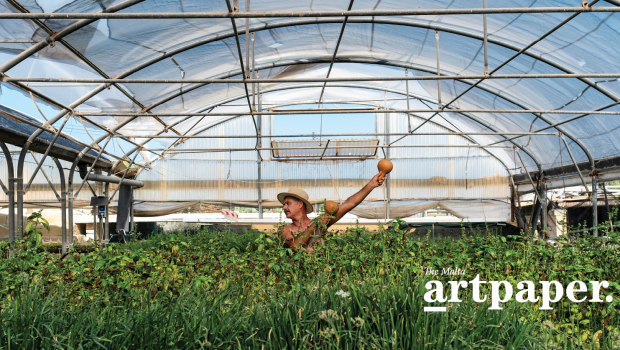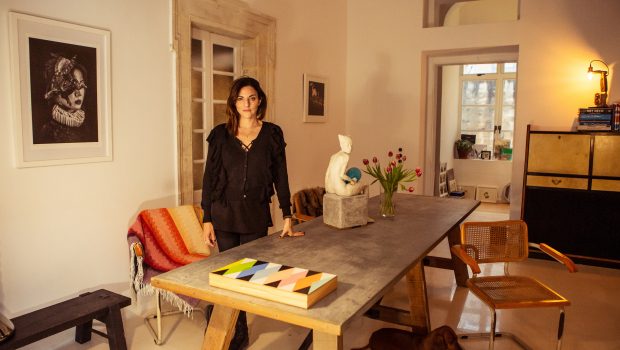NOTHING REALLY MATTERS
“But if nothing really does matter for the artist, Debbie Caruana Dingli, then surely this exhibition would not have materialised”
‘Imagined’ mothers of ‘imagined’ convicted criminals are the protagonists in Debbie Caruana Dingli’s upcoming exhibition, Nothing Really Matters. These works are a reflection of stories that Caruana Dingli came across in newspapers or read about in books and, after working on them for three years, they were transformed into this series of paintings. We often read about stories of crime, whichlabel someone as a criminal, often forgetting that they are human beings who also have mothers. Being a mother herself, Caruana Dingli was struck by what she was reading and in this series of works wanted to portray the emotions that mothers of convicted criminals go through.
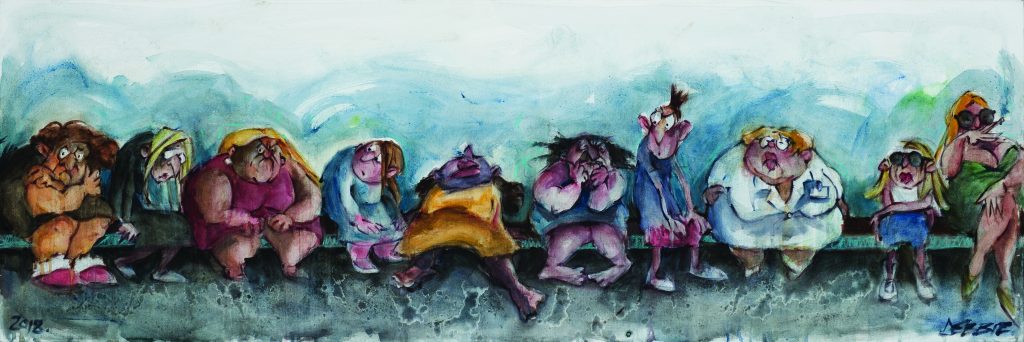
There is a dark sense of humour in Caruana Dingli’s work. For such a serious subject we might laugh when viewing some of the works, such as Qalbi!, where the mother is depicted spoiling her son. The spontaneity and impulsiveness of cartoons allows Caurana Dingli to depict such serious matters through exaggerated emotions and overexpressed facial expressions, which may lighten the heaviness of the subject.
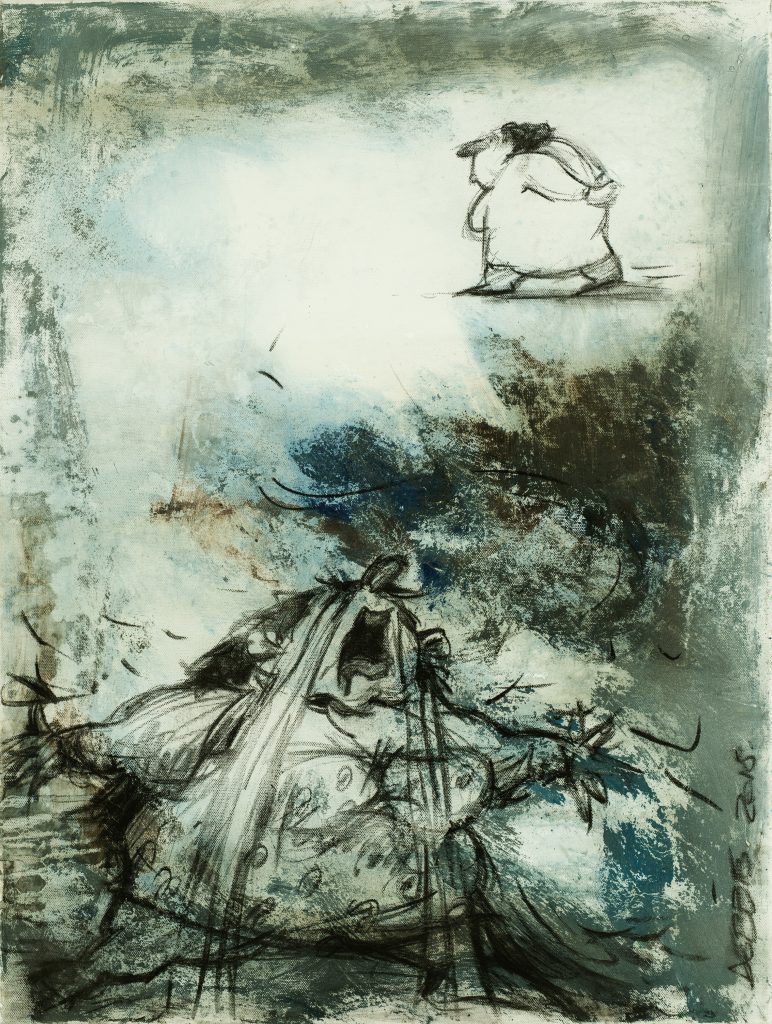
Most of the paintings in this exhibition are executed in oil on canvas, but there is one in particular titled I was young and carefree, which is oil on granite. Caruana Dingli describes finding this piece of granite on the beach and immediately thinking about how the paint would be absorbed and make it look old. This would give off the image as though a long time has passed for the woman depicted, who as the title suggests, was once young and carefree, an emotion that, as a mother, can get lost.
There have been different stories and books – a lot of which had been stored in her subconscious over the years – which really struck Caruana Dingli to create this series of works. For example, the painting The School Shooting was triggered off by the novel We Need to Talk About Kevin, by Lionel Shriver. People of the Lie by M. Scott Peck was also an important reference for her, as it discusses evil as a condition which needs to be studied, similarly to schizophrenia. These snippets brought about the feelings of guilt, shame, sadness, and resentment that the mothers’ experience and are all evident themes in the artists’ works. These are after all, the mothers who are mourning the loss of their child’s freedom. Another aspect that Caruana Dingli depicts in her works is the way society can impact the mothers state of mind, this is seen in the painting Paranoia where she depicts the mothers fear of what others are saying about them whilst contrary there are the mothers who will pretend that all is well as seen in the painting Two Mothers.
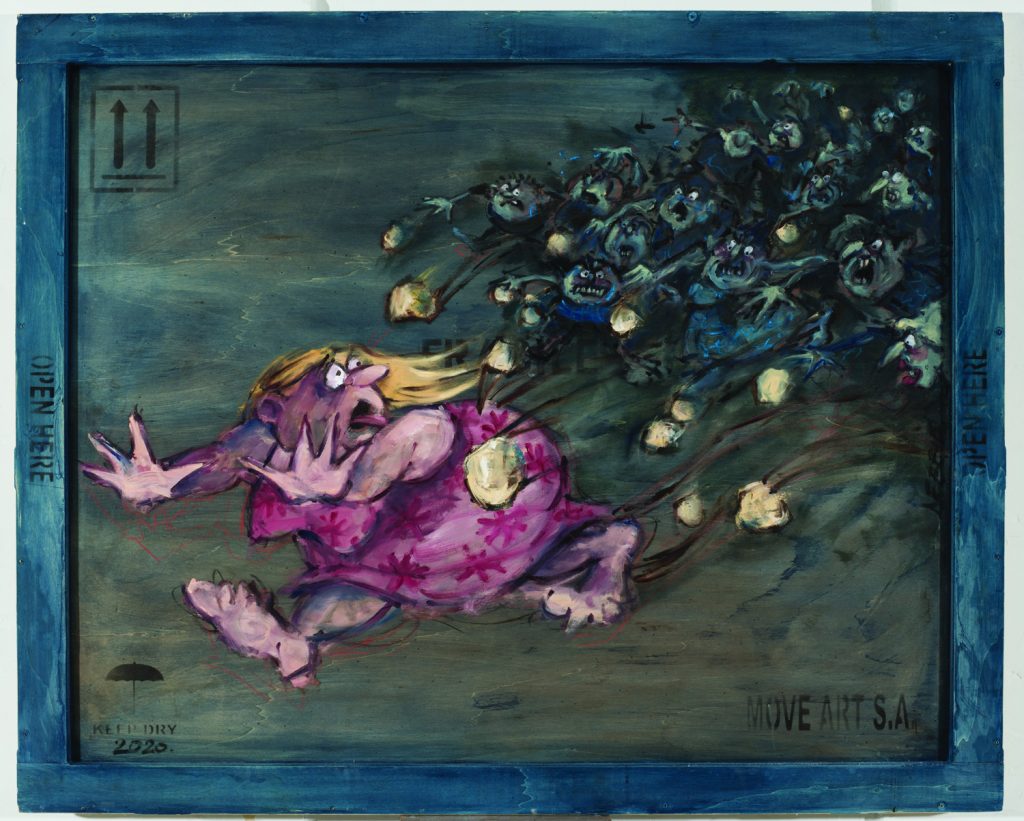
What is fascinating about Debbie Caruana Dingli is the importance she gives to the process of letting out her thoughts. She doodles in her head and eventually these thoughts find themselves on paper. As she herself exclaims, those who can release their thoughts usually through writing, music, dance, painting or any other form of art, are blessed. Some artists develop a strong spiritual bond with the works of art that they create mirroring the bond created between a mother and her child as though the artists have ‘given birth’ to their works of art after months of preparations. For Caruana Dingli, it is in fact this exact process of releasing these thoughts through her art that is most important. Her works are precious and personal, but once the work of art has been created, she is ready to move on and it brings her happiness knowing that her work will find its place in someone else’s home.
Debbie Caruana Dingli’s art has progressed over the years, looking back from her first solo exhibition in 1985, her works focused on simple themes of animals and people. When she became a mother, her children reintroduced her love of nature, but after hitting some hard times, Caruana Dingli, started to look inwards and began to paint what she was thinking. This has been her pattern for several years now, she paints the issues that are close to her heart and the subjects have varied from immigration to abandoned animals. With too much being thrown at us in the media, it can become all too overwhelming; however, she believes it shouldn’t all overwhelm us and there should be certain topics that stick with us and upset us in ways that make us want to speak up. A painting is also a chance for people to stop and think, it is a tool to send a message across. We may flip through a newspaper or scroll through our newsfeed, read stories or headlines, and simply keep scrolling, but when you are in front of a work of art you are invited to stop and really think. We look at the expressions and emotions and perhaps we can, for a few minutes, try and place ourselves in their shoes.

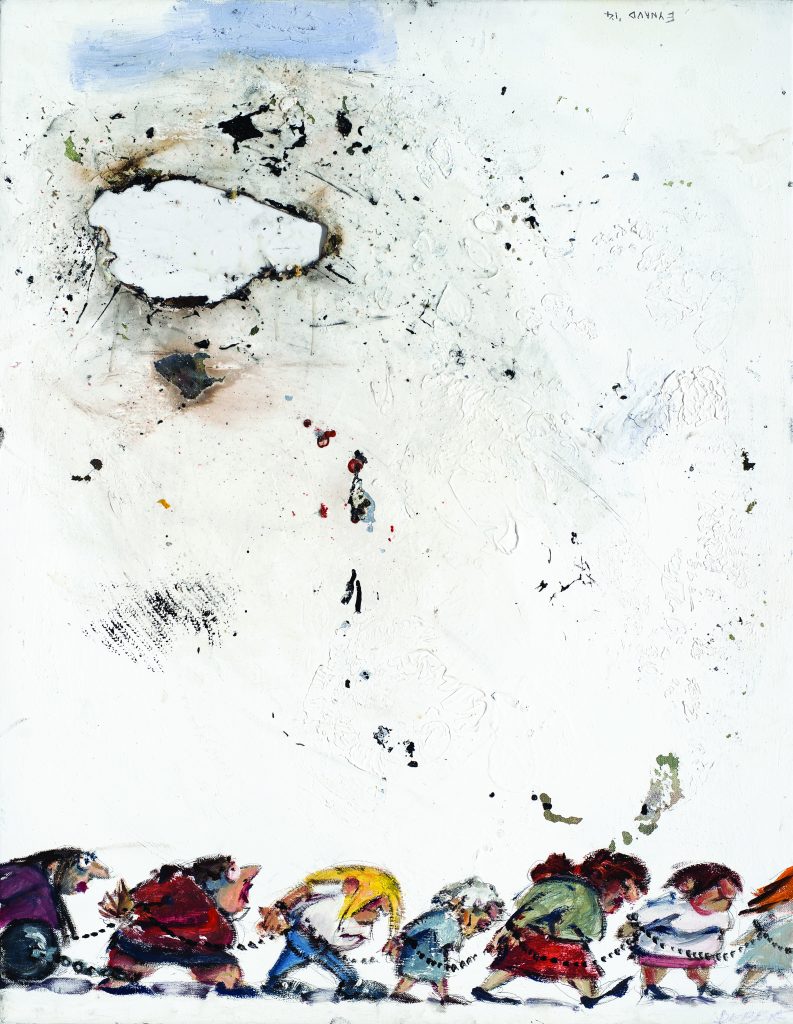
The title of the exhibition Nothing Really Matters is rather paradoxical to Caruana Dingli’s own principles. It is derived from one of her paintings, with the same title, that depicts a mother who is going shopping with a cane basket or qoffa and who forgets to put her clothes on. She is at her very lowest, and at that point in her life nothing really matters to her. But for Caruana Dingli, nothing does not not matter – she is an artist who advocates for what she believes in and perhaps worries too much about everything, this is the very reason why she chooses to paint the hardships of mothers whose children have been imprisoned. If nothing really does matter for the artist, then surely this exhibition would not have materialised.
Nothing Really Matters runs from 16 April until 23 May 2021 at Space A Spazju Kreattiv, Valletta. Visit www.kreattivita.org for an online viewing.


